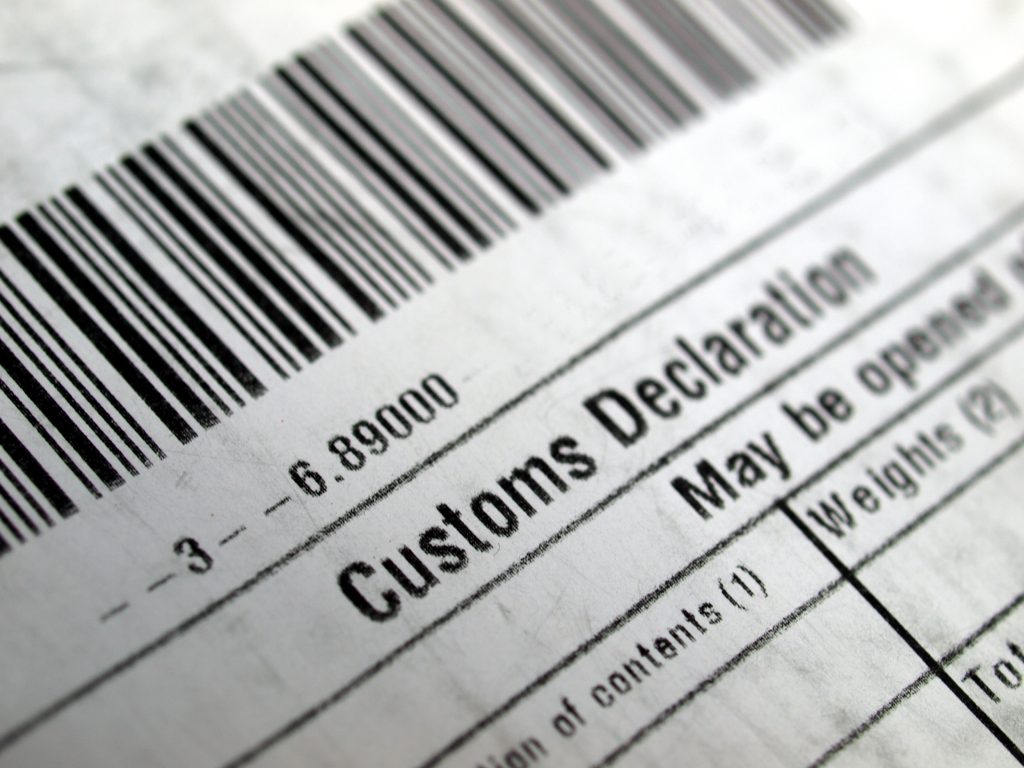HMRC recently announced a proposed plan for completing the delivery of the new Customs Declaration System (CDS).
CDS will replace the current CHIEF system, the Customs Handling of import and Export Freight the movement of goods by land, air and sea for export and import trade. For experienced traders what we have taken for granted will change; for inexperienced and new traders we shall look at what you need to do now to adapt to the changes.
In addition to viewing this article as a system change, traders should also see this as an opportunity to review processes relative to their export and import transactions.
Currently the proposed plan requires all traders to migrate from CHIEF the current HMRC system to CDS by September 2020, allowing HMRC to deactivate CHIEF in March 2021 when the current contract ends. The time from September to March next year is intended to allow a period of parallel running.
Currently, there is no option to extend the running of CHIEF and CDS together for an extended period of time.
As you will probably appreciate, CDS is a large project, and the challenges still to be overcome include system requirements with respect to the UK’s trading status with the European Union, in the event for example of a Free Trade Agreement (FTA) with the EU.
Unfortunately, nobody knows when this will be finalised.
So, what comes next and how is this going to affect your business?
In an active period of engagement there has been a lot of work behind the scenes with software companies, ourselves at The Institute of Export and International Trade, and trade associations have been engaging with HMRC to escalate and highlight issues and possible concerns.
Over the coming months the testing environment will be extended to include more trading scenarios which may in turn require changes to software.
Additional considerations arise in the increased number of customs declarations required after the end of the transition period, from 1st January 2021 there will be an additional 200 million customs entries a year. Therefore, in addition to the requirements from a system perspective there is still the issue that we need people to provide the customs paperwork and input the additional customs entries into the system.
Understandably current service suppliers, Customs Brokers/Freight Forwarders, are reluctant to invest in employing and training additional staff, including existing staff as CDS is not ready for training and the additional customs entries are not required until January 2021.
Amongst this possible uncertainty all traders (exporters and importers) must recognise that there may be additional costs due to increased demand. The need to ensure correct information and declarations; this is never more important to avoid possible delays at the border.
So, what are the options as a business, there are a few options:
Start doing your research and risk assessment:
- Check if there is merit as a business in doing your own customs entries and investing in the process and staffing resources yourself. This is not a decision to take lightly but do consider the extent to which existing employee resource can be utilised.
- If you are already exporting or importing, make sure your service providers can accommodate the additional input and customs entries arising after the end of the transition period. It may be worth considering service provision over more than one service provider with a firm contract and key performance indicators. Everybody should be clear on their roles and responsibilities.
- If you have only been trading in the European Union, then you will need to move quickly to identify what the implications on trade are for your business, along with the implications of your business having to complete customs entries which to date will not have been a requirement for your EU movements.
Whatever you decide you need to understand the implications, you as a business are responsible for the customs declarations and all the information contained in the declaration, including the commodity code. It is important that all the correct information is quoted and that you maintain thorough records of the transaction, which we can refer to as maintaining a ‘Proof of Export’ file.
To help you training grants are still available, at the time of writing, to understand the importance and implications of customs declarations. Now is the time for all of us to plan and to act.
Please click here for information on the training grants available.

